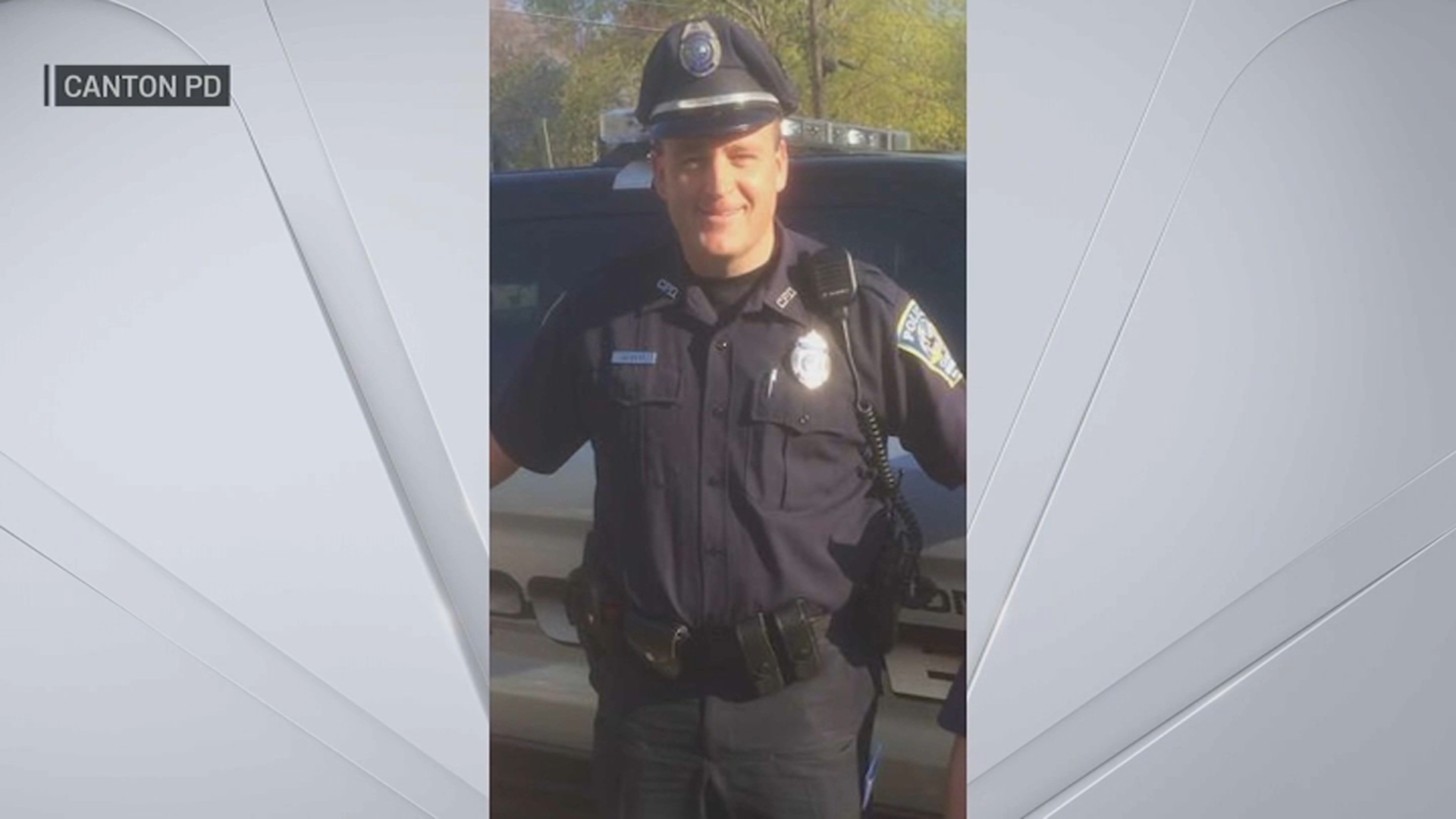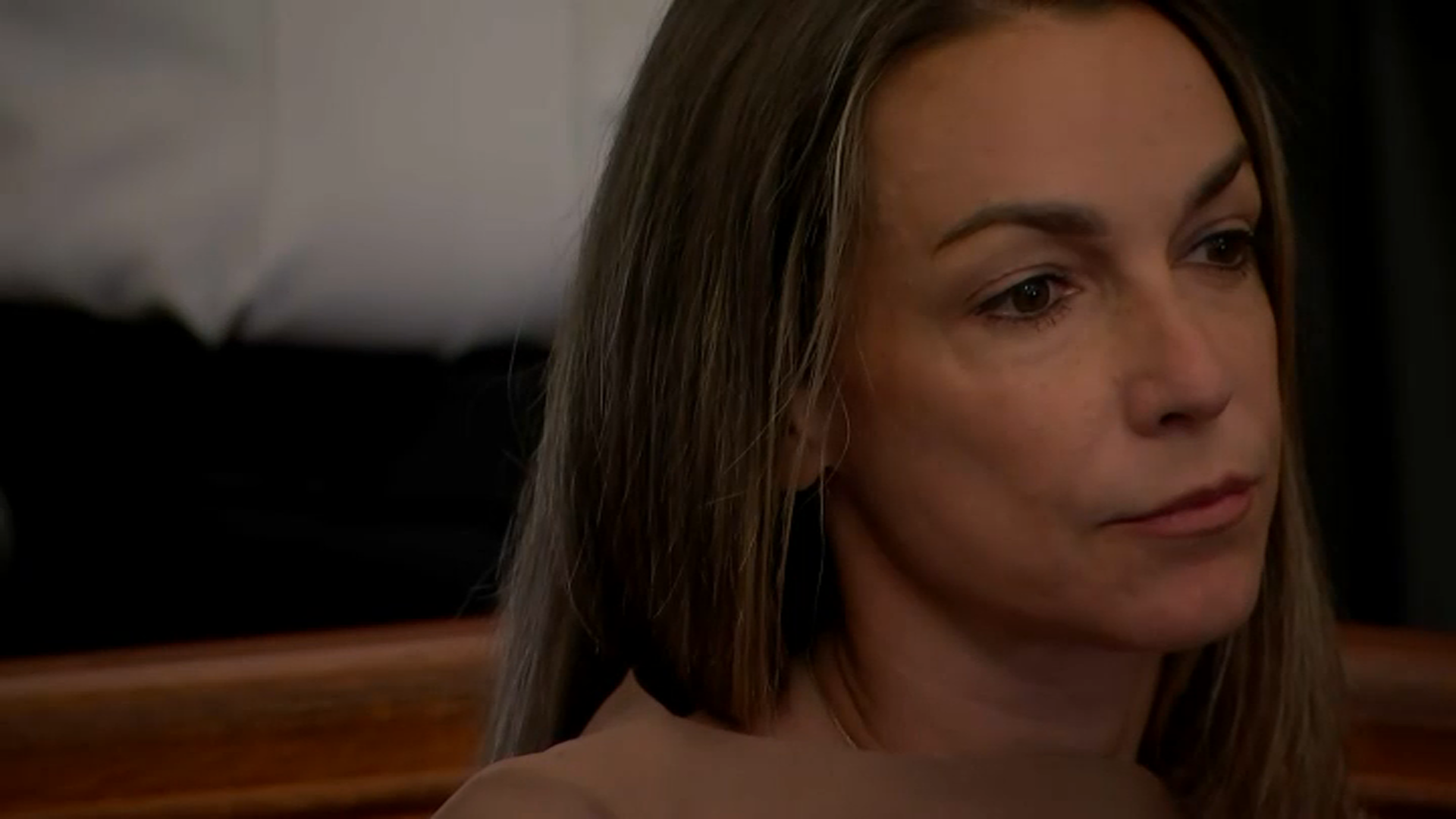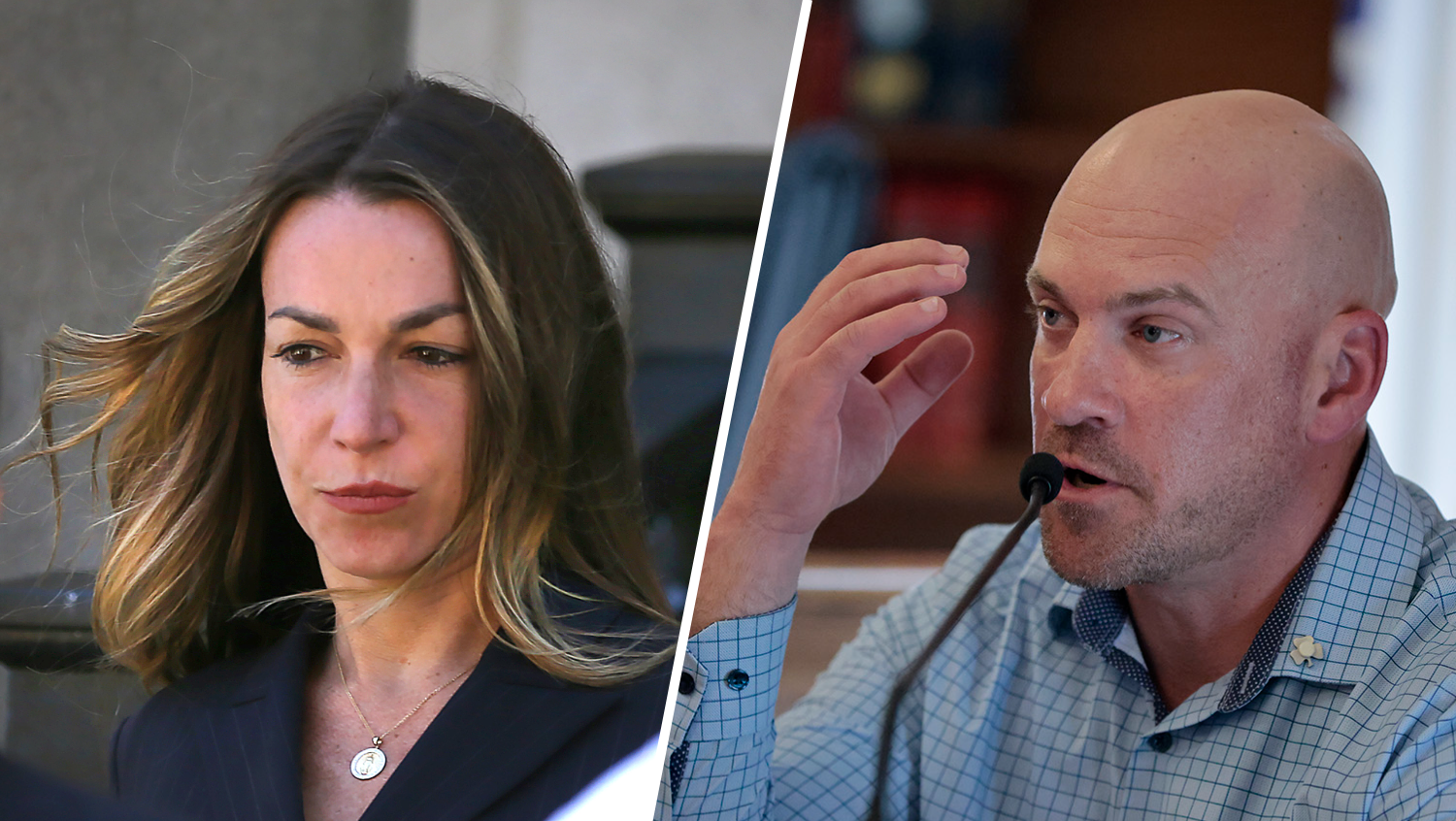New court filings released this week include new details about why Karen Read's lawyers think the murder charge against her should be thrown out.
On Wednesday, Read's legal team appealed a recent ruling to Massachusetts' Supreme Judicial Court, seeking to overturn Judge Beverly Cannone's ruling last month denying Read's motion to dismiss two of the charges brought against her. They argued that when Cannone declared a mistrial in the case, the jury would have found Read not guilty on two of the three charges brought against her in the death of her boyfriend, Boston Police Officer John O'Keefe.
WATCH ANYTIME FOR FREE
Stream NBC10 Boston news for free, 24/7, wherever you are. |
The defense team cited communications from five jurors who reached out after the mistrial and said they were actually deadlocked only on a third count of manslaughter, and that inside the jury room, they had unanimously agreed that Read was innocent of second-degree murder and leaving the scene of a deadly accident.
One juror told them that “no one thought she hit him on purpose,” and another said there was "no consideration for murder 2" and Read "should've been acquitted" on that count. They said trying her again on those two charges would amount to double jeopardy.
Get updates on what's happening in Boston to your inbox. Sign up for our News Headlines newsletter.
In Wednesday's 37-page petition for relief filed with the SJC, Read's lawyers argue that she is entitled to a review of her motion to dismiss before she is retried. They are also asking the court to hold a hearing allowing oral arguments on the petition.
"The Order, as it currently stands, will result in Ms. Read being retried on January 27, 2025, for the same two alleged crimes, including second-degree murder, that a jury of her peers has already unanimously agreed the Commonwealth failed to prove beyond a reasonable doubt following trial," the motion reads. "Because the jury reached a final, unanimous decision to acquit Ms. Read on those charges, and because there was no manifest necessity supporting the declaration of a mistrial with respect to charges on which the jury unanimously agreed, retrial on such counts would violate the Double Jeopardy protections of both the federal and state constitutions and the common law decisions of this Court enforcing the protections of Double Jeopardy."
The Norfolk District Attorney's Office released a statement Thursday saying they are aware of the appeal. Since the case remains open, they said they will be filing their official position and statement with the SJC.
Read the full court filing below:
The defense team's filing says Read's lawyers hearing from jurors in the case the day after the mistrial was declared, "indicating in no uncertain terms that the jury had a firm and unwavering 12-0 agreement that Ms. Read is not guilty of two of the three charges against here, including the charge of murder in the second degree." And they said neither the prosecutors or the judge disputed the "factual basis" for Read's motion to dismiss.
"Given the central importance that acquittals have held in our criminal justice system for hundreds of years, the defense respectfully submits that the jury’s unanimous agreement precludes re-prosecution of Ms. Read on Counts 1 and 3 and mandates dismissal of those charges," Read's lawyers said.
They also argued that while a jury deadlock supports a mistrial, "there is no authority for the proposition that disagreement to some counts constitutes manifest necessity for the declaration of a mistrial with respect to all counts."
"Put another way," Read's lawyers wrote, "there was no deadlock as to two of the counts on which the trial court declared a mistrial. The trial court’s finding that Ms. Read’s counsel consented to the mistrial is contrary to both the factual record and the clear binding caselaw placing the burden of establishing manifest necessity solely and exclusively on the prosecution."
They said before a mistrial was declared, the judge should have carefully considered alternatives to a mistrial.
"In rejecting Ms. Read’s claim of acquittal, the court relied solely upon the lack of an 'open and public verdict affirmed in open court,'" her lawyers said. "This reasoning is rooted in a formalism that has been consistently rejected by the United States Supreme Court and Supreme Judicial Court in a string of precedents spanning more than one hundred years."
"Indeed, under the trial court’s reasoning, affidavits executed by all 12 jurors attesting to a final, unanimous decision to acquit would not be sufficient to mount a successful Double Jeopardy challenge," they continued. "Surely, that cannot be the law. Indeed, it must not be the law. And, in the context of this highly publicized case, it strains credulity to suggest that, if the unequivocal statements of five jurors quoted above did not, in fact, represent the unanimous view of all 12, the remaining jurors would allow the inaccuracy to go uncorrected."
Read, 44, is accused of ramming into O’Keefe with her SUV and leaving him for dead during a January 2022 snowstorm. Her two-month trial ended in July when jurors declared they were hopelessly deadlocked and a judge declared a mistrial on the fifth day of deliberations.
Prosecutors said Read, a former adjunct professor at Bentley College, and O’Keefe, a 16-year member of the Boston police, had been drinking heavily before she dropped him off at a party at the home of Brian Albert, a fellow Boston officer. They said she hit him with her SUV before driving away. An autopsy found O’Keefe died of hypothermia and blunt force trauma.
The defense portrayed Read as the victim, saying O’Keefe was actually killed inside Albert’s home and then dragged outside. They argued that investigators focused on Read because she was a “convenient outsider” who saved them from having to consider law enforcement officers as suspects.
Prosecutors have scheduled a new trial for January of 2025.
The Associated Press contributed to this report.




